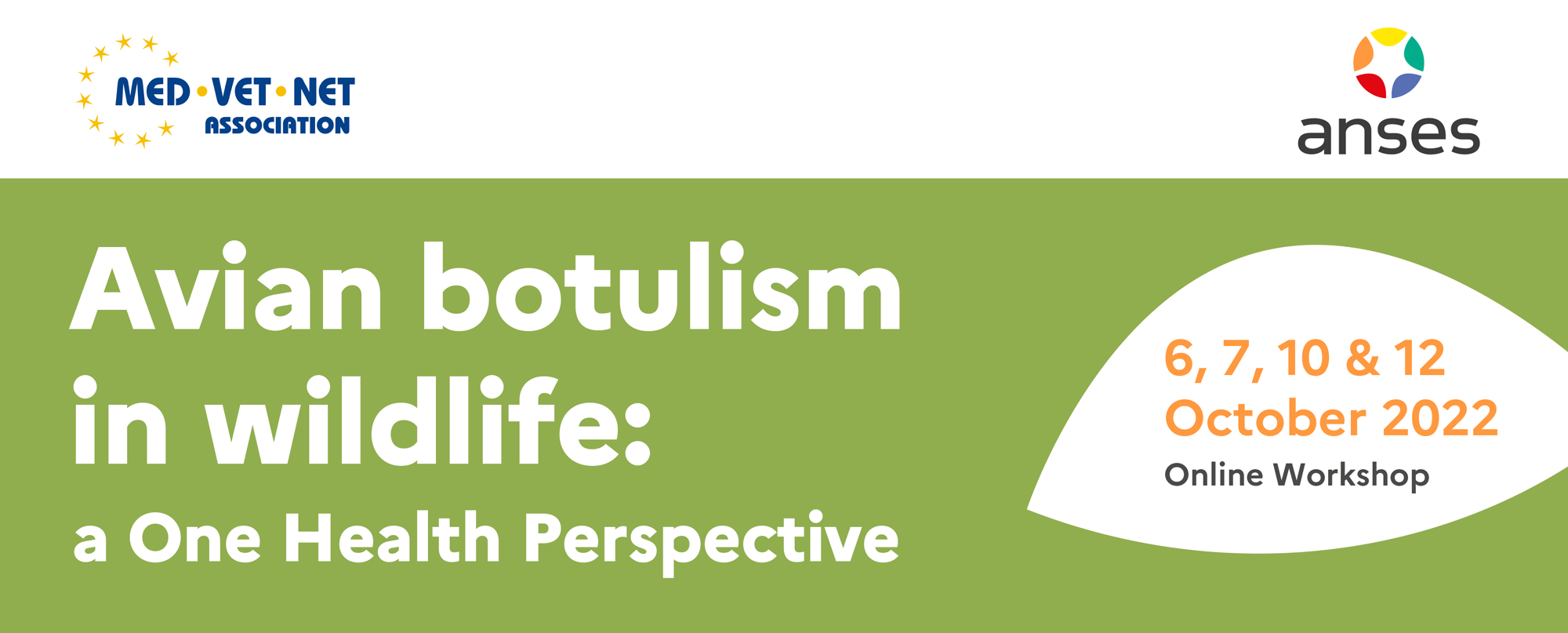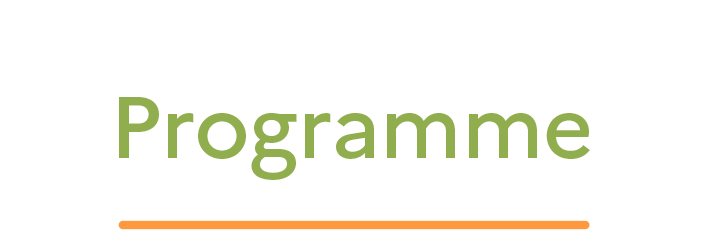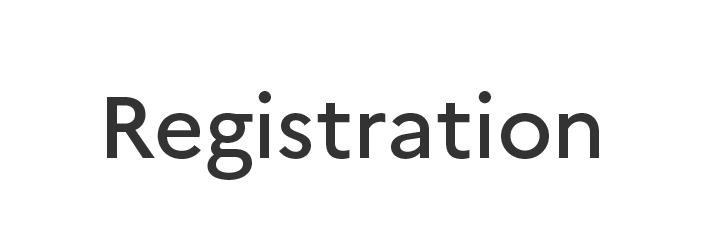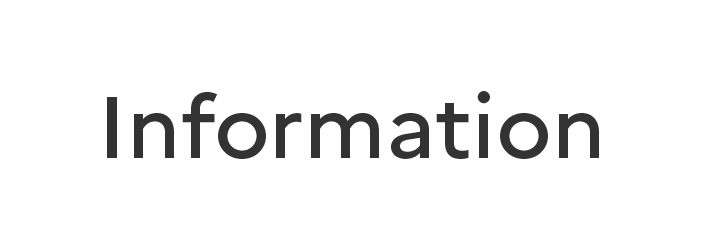 |
|||||
|
| PROGRAMME | ||||
| Thursday 6 October 2022 - start at 9:00 am | ||||
| Webinar #1 - Diagnostic tools and case reports | ||||
| Introduction Gilles Salvat, the Deputy Director General of ANSES for Research and Reference |
||||
| Confirmation of botulism diagnosis in Australian bird samples by ELISA and RT-rtPCR Anne Masters, Department of Primary Industries and Regional Development Western Australia, South Perth, Australia |
||||
Detection of Active BoNT/C and D by EndoPep-MS Using MALDI Biotyper Instrument |
||||
| Animal botulism surveillance in France over the last decade (2008-2019) Sophie Le Bouquin, ANSES, French Agency for Food, Environmental and Occupational Health Safety, Epidemiology, Health and Welfare Unit, Ploufragan, France |
||||
| Paretic Syndrome in aquatic and marine wild birds: aetiology, clinic and epidemiology Maria V. Mena, 2RIAS Wildlife Rehabilitation and Research Centre, Olhão, Portugal |
||||
| Outbreak of type C/D botulism among captive mandrill (Mandrillus sphinx) after feeding on a seized duck Martin B. Dorner, Consultant Laboratory for Neurotoxin-producing Clostridia (Botulism,Tetanus), ZBS3 – Biological Toxins, Robert Koch Institute, Berlin, Germany |
||||
Discussion |
||||
| Friday 7 October 2022 - start at 2:00 pm | ||||
| Webinar #2 - Botulism outbreaks in wildlife and public health risks | ||||
| Wildlife botulism, a risk for humans? What does the literature say? François Meurens, INRAE, Oniris, BIOEPAR, Nantes, France |
||||
| Citizen Science to monitor avian botulism outbreaks in the Great Lakes: influence of environmental conditions Karine Princé, Research Associate CESCO-MNHN, Expert for the European Commission |
||||
Discussion |
||||
| Monday 10 October 2022 - start at 9:00 am | ||||
| Webinar #3 - Epidemiology of avian botulism in wild birds: connexion with poultry and environmental contamination |
||||
| Environmental factors influencing Clostridium botulinum Type C/D Mosaic Strain in nonpermanent mediterranean wetlands Ibone Anza, Centro de Recuperacion de Fauna Silvestre de Cantabria Tragsatec Spain |
||||
| The role of molecular epidemiology to assess source attribution and genetic relatedness among causative bacterial agents involved in animal botulism outbreaks Fabrizio Anniballi, National Reference Centre for Botulism, Department of Veterinary Public Health and Food Safety, Istituto Superiore di Sanità (ISS), Rome, Italy |
||||
| Epidemiology of avian botulism: field experiences from the rational sampling to the whole genomic sequencing of the isolates Luca Bano, Special Bacteriology Laboratory, SCT2 - Istituto Zooprofilattico Sperimentale delle Venezie, Fontane di Villorba, Italy |
||||
| Clostridium botulinum prevalence in French wildlife and first results of environmental assessment of C. botulinum contamination Emma Meloni, Wildlife Health and Agricultural Ecosystems functioning Service, French Biodiversity Agency (OFB), Orléans, France |
||||
Discussion |
||||
| Wednesday 12 October 2022 - start at 8:00 am | ||||
| Webinar #4 - How to prevent and mitigate a botulism outbreak in wild birds? | ||||
| Ducks, disease, and detective dogs Michelle H. Reynolds, 1U.S. Geological Survey, Pacific Island Ecosystems Research Center, Hawaii National Park, Hawaii, USA |
||||
| Avian-botulism risk in waterbird breeding colonies and implications for environmental water management Kate Brandis, Centre for Ecosystem Science, School of Biological, Earth and Environmental Science, University of New South Wales, Sydney, Australia |
||||
| Botulism in Dutch wildlife, a review on the last decade Miriam Koene, Wageningen Bioveterinary Research, Lelystad, the Netherlands |
||||
| Surveillance for avian botulism in wildlife in Victoria 2008-2022, based from a Veterinary School Pam Whiteley, Melbourne Veterinary School, The University of Melbourne, Werribee, Victoria, Australia |
||||
| A case report of a massive botulism type C/D outbreak in avifauna in Belgium A. van Goethem, Wildlife health and diseases center, University of Liege, Belgium and Foodborne Pathogens, Sciensano, NRL, Brussels, Belgium |
||||
| Outbreak of type C botulism in aquatic birds on the Nahuel Huapi Lake
and national park area, Argentina Natalia G. Rosciano, Instituto de Investigaciones en Biodiversidad y Medio Ambiente, Consejo Nacional de Investigaciones Científicas |
||||
Discussion |
||||

|
| Copyright © 2022 Ptolémée. |



